Recent Posts
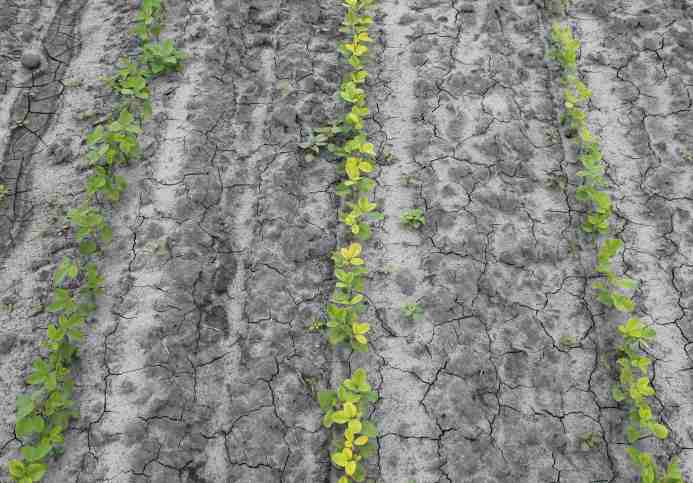 July 22, 2014 Now is the time of year to play Monday morning quarterback in discussing what decisions you made going into planting season. |
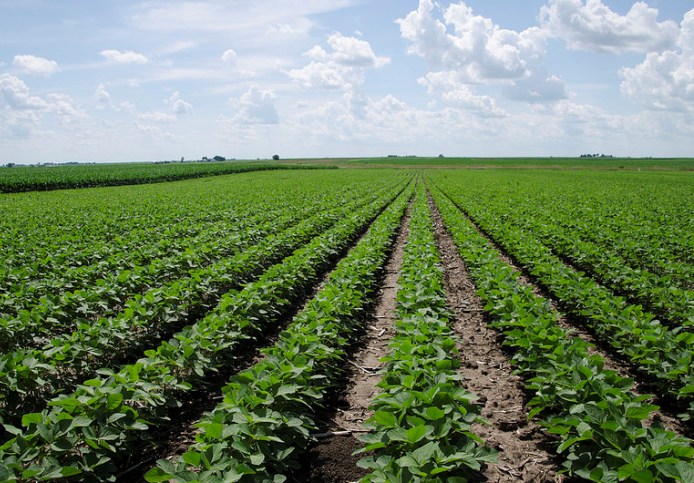 July 22, 2014 While it is sometimes easy to visually identify nutrient deficiencies in soybeans, tissue sampling validates nutrient concentrations and limitations and allows you to make nutrient adjustments that can increase soybean yields. |
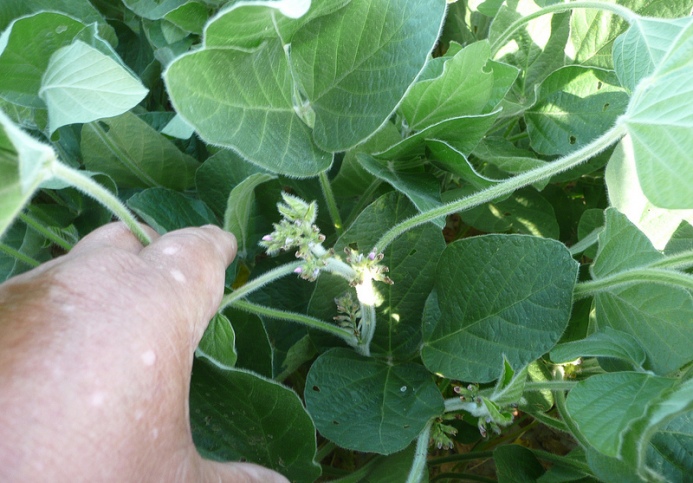 July 17, 2014 We are into July, and soybeans are into reproductive development. |
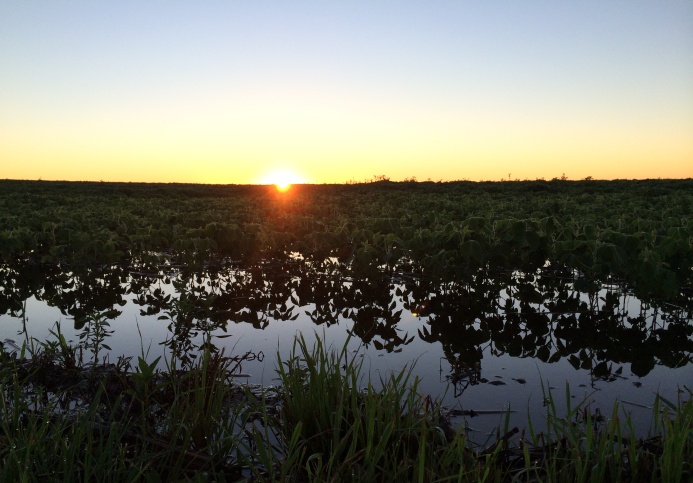 July 17, 2014 Major weather events seem to be more common including rainfall that exceeds 2 or 3 inches and maybe hits 6 to 8 inches, high winds or tornadoes, excessive heat /drought or even abnormal cold during the season. |
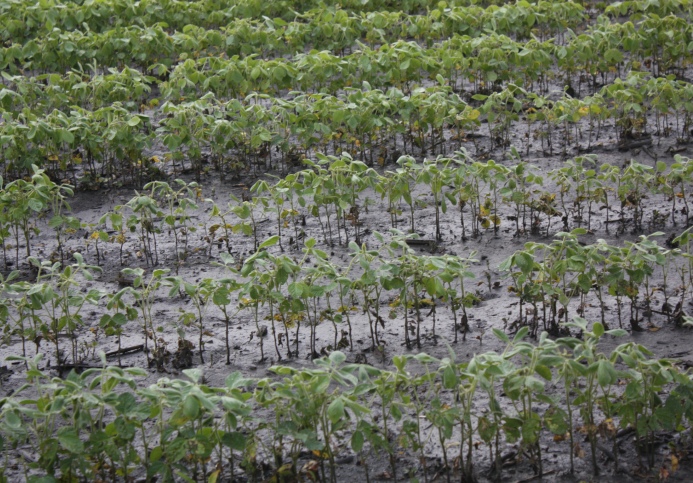 July 17, 2014 You don’t have to drive far in Illinois to see that soybeans are struggling with unseasonably wet conditions. Many fields have large yellow areas. |
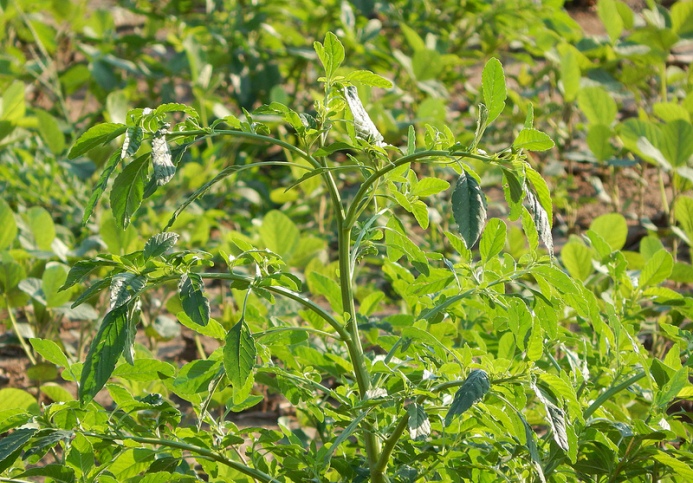 July 16, 2014 The wet season has delayed crop development and postemergence herbicide applications in many soybean fields, and there are some large giant ragweed waiting to be treated. |
